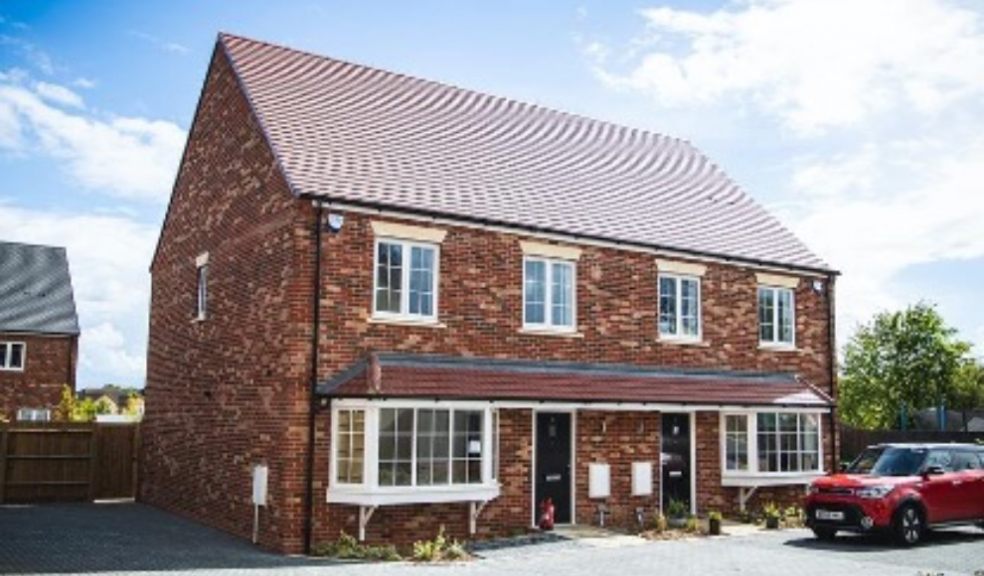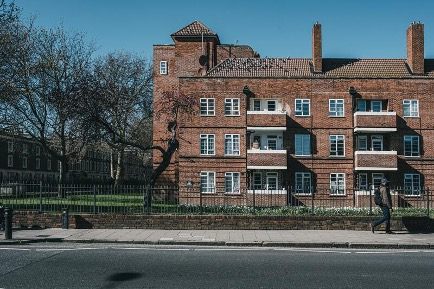
How much house can I afford?
If you are hoping to finally get on the property ladder with your first home purchase, you might be feeling a little bit confused at the moment. After all, house prices in the UK are growing at unprecedented rates, while the market seems to be in an exceptional state of flux at the moment.
This can make it more difficult to determine whether a house that you want is actually within your budget and the mortgage is within the realm of being repayable. It is absolutely essential that a purchase as major as a house is actually suited to your budget. With that in mind, here are some ways to determine how much house you can actually afford.
What are you borrowing?
First off, it is crucial to note that the sticker price of a house is not really the primary consideration. What matters is how much you need to borrow from a mortgage provider to cover the cost of the house that you want.
A house might be £300,000, but if you are making a £50,000 deposit then you do not need to borrow the full amount to buy the house. Always, always use a trusted mortgage advice service like Trussle, who can help you quickly get an exact figure on the amount that you need to borrow from a mortgage provider to secure your dream home.
How is your credit?
As with many other parts of your life, your credit score matters. Regardless of what you have in the bank, your credit score can impact the house that you can afford. This is because lenders are more likely to grant larger mortgages to those with outstanding credit scores. Meanwhile, those with sub-par scores will find it difficult to secure a larger mortgage. This part can be really confusing, so it can be a good idea to work with an experienced Mortgage Broker to work out where your credit score is and what offers you can get from lenders. Mortgage brokers will typically have access to a large number of lenders very quickly and can collate all the possible loan options available to you based on your current credit score. They may also be able to explore causes for poor credit, which can help you to make inroads to improve it before purchasing a property.

The sticker price is not the only factor
Too many people forget that the initial price of the house is not the only cost you will need to incur to buy it. You also need to factor in stamp duty, which could add tens of thousands of pounds to what you pay for your home. Then there are fees for the real estate services, renovation costs, and hidden taxes such as capital gains duties (for investment properties). Make sure you have a full understanding of all of the costs associated with your desired property so that you can set an informed budget.
Debt-to-income ratio
One of the most commonly-used criteria by mortgage lenders is the debt-to-income ratio. This means your ratio of monthly fixed outgoings to your actual income. For those that have a large number of debt servicing and expenditures, it will be harder to receive a larger mortgage. Anyone who has a debt-to-income ratio of less than 50% (i.e. they will have at least 50% of their income available to service their mortgage) is generally considered low-risk and will be eligible for most mortgages. Anyone with a higher ratio than this may find it tough to afford a more expensive house.
By taking these factors into account, you can set yourself a realistic and sustainable budget for purchasing your dream home.













